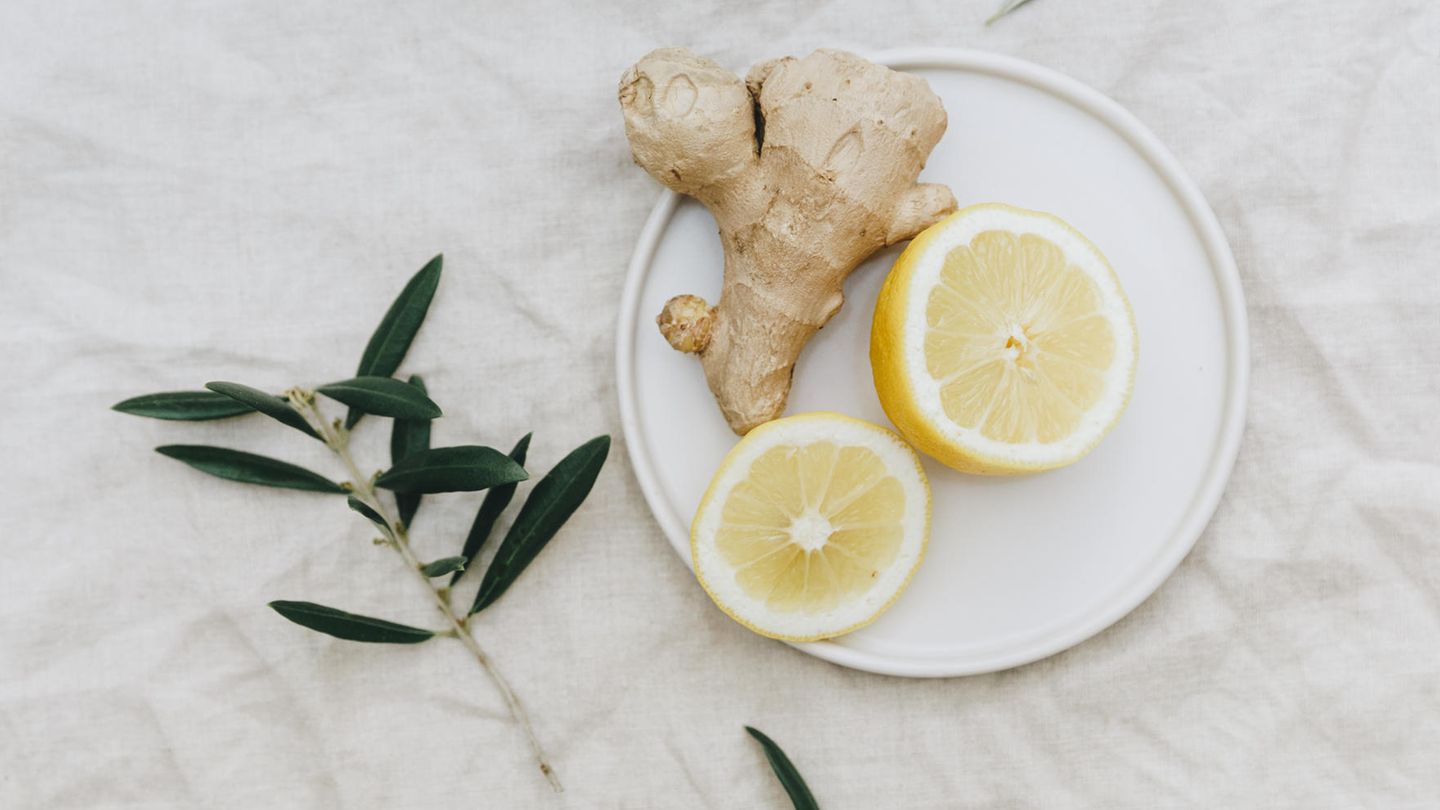I’m Caroline, a journalist and author for 24 Hours Worlds. I specialize in health-related news and stories, bringing real-world impact to readers across the globe. With my experience in journalism and writing in both print and online formats, I strive to provide reliable information that resonates with audiences from all walks of life.
Menu
Ginger tea for colds: What the tuber really does
Categories
Most Read
Children with a cold: How many infections are normal for little ones?
October 18, 2025
No Comments
Cell Phone Regret: She grabs me and shakes me
October 17, 2025
No Comments
New column “The Feeling of the Week”. This time: cell phone regret
October 17, 2025
No Comments
Time change 2025: Expert explains in video why we are turning the clock
October 17, 2025
No Comments
Patches for frown lines: These products have an anti-aging effect
October 17, 2025
No Comments
Latest Posts

Economist warns of real wage increases at the expense of competitiveness
October 19, 2025
No Comments
According to data from the European Central Bank, negotiated real wages in this country have increased by around 0.6 percent since December 2021. Carmen Treml,

Prince Andrew: celebration for Sarah Ferguson canceled
October 19, 2025
No Comments
Lisa HarrisI am an author and journalist who has worked in the entertainment industry for over a decade. I currently work as a news editor

“No Kings” demos against Donald Trump: The protest was so colorful
October 19, 2025
No Comments
IvanI have been working in the news industry for over 6 years, first as a reporter and now as an editor. I have covered politics
24 Hours Worlds is a comprehensive source of instant world current affairs, offering up-to-the-minute coverage of breaking news and events from around the globe. With a team of experienced journalists and experts on hand 24/7.

